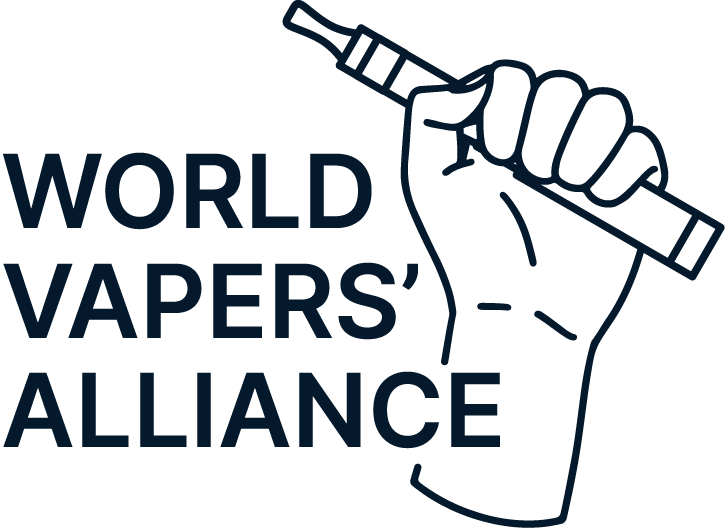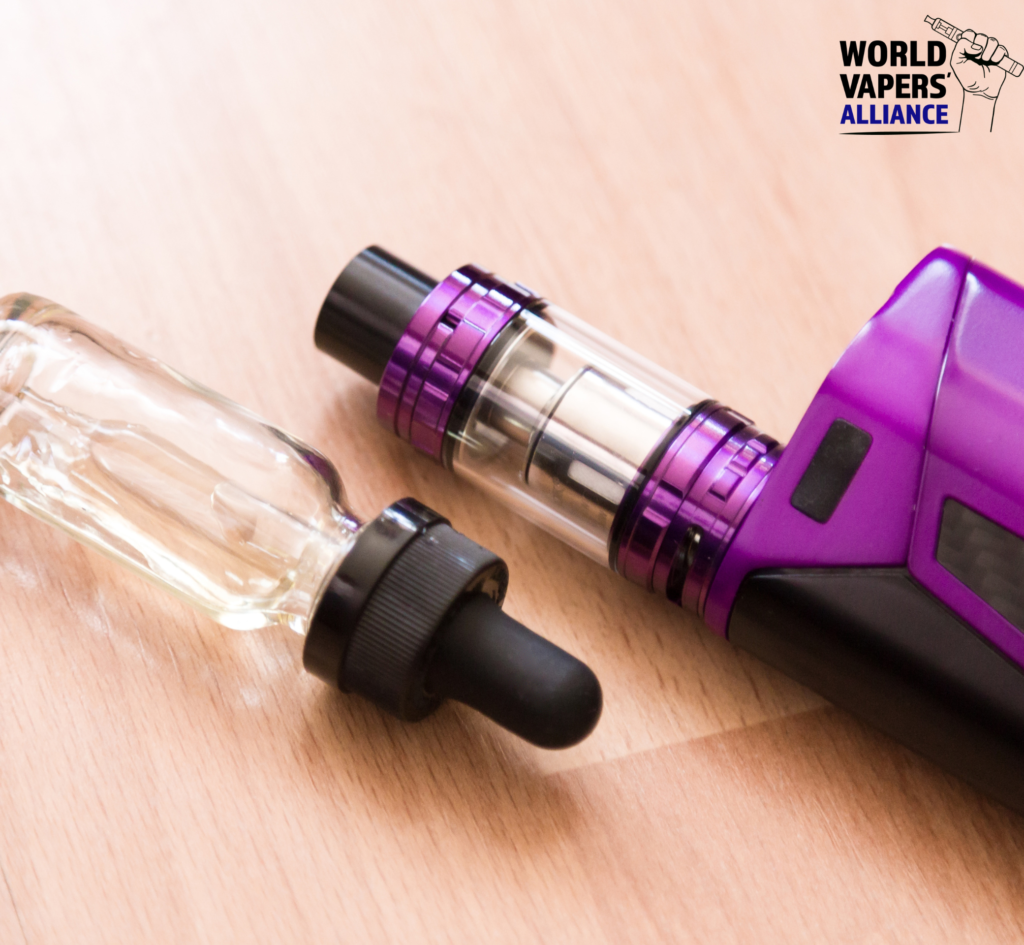Vaping je o 95% méně škodlivý než kouření a je nejúčinnější nástroj pro odvykání kouření. Pokud jde o přechod z kouření na vapování, hrají ceny významnou roli. Cena méně škodlivých produktů s nikotinem může být překážkou nebo další motivací pro ty, kteří se snaží přestat. Pokud jsou produkty pro vapování drahé v porovnání s cigaretami, nebo pokud je jejich cena tak vysoká, že je pro skupiny s nízkými a středními příjmy neúnosně vysoká, kuřáci budou od přechodu odrazováni, ne-li jim bude zabráněno. Pokud je naopak vapování v porovnání s kouřením levné, kuřáci, kteří chtějí přestat, si ho budou moci vyzkoušet a najdou k tomu další motivaci: úsporu peněz.
Naštěstí nebo ne, vlády po celém světě mají nástroj, kterým mohou ovlivňovat rozhodnutí kuřáků prostřednictvím výše vysvětleného mechanismu: daně. Ve většině zemí tvoří daně velkou část prodejní ceny tabákových výrobků., a pravděpodobně se tak stane i pro alternativní nikotinové produkty. Způsob, jakým vlády zdaní tradiční a alternativní nikotinové produkty, ovlivní rozhodovací procesy milionů kuřáků a vaperů a ovlivní dopady veřejného zdraví na celém světě. Jak by to tedy měly udělat?
Kouření má důsledky nejen pro uživatele, ale i pro celou společnost. Náklady na léčbu nemocí vyvolaných kouřením jsou hrazeny ze sociálního zabezpečení a systémů veřejného zdravotnictví podporovaných daňovými poplatníky. Z tohoto pohledu jsou daně z cigaret oprávněné pro generování vládních příjmů na pokrytí výdajů na zdravotní péči souvisejících s kouřením. Vzhledem k nižšímu rizikovému profilu vapování nelze stejnou úvahu použít. Drtivá většina škodlivých složek tabákového kouře při vapování chybí., což z něj dělá podstatně méně toxický než kouření, a jeho související riziko rakoviny je v porovnání s kouřením menší než 0,5%. Podobná míra zdanění produktů s tak odlišnými úrovněmi rizika proto nemůže být odůvodněna.
Kromě toho mají daně z tabáku odradit od spotřeby. Stejně tak daně z elektronických cigaret. Ale ukázalo se, že Tradiční a elektronické cigarety jsou zaměnitelné produkty, což znamená, že Zvýšení ceny jednoho vede ke zvýšení spotřeby druhého. Jako nezamýšlený důsledek, Zvyšování daní z elektronických cigaret může vést k vyšší míře kouření, zejména mezi mladšími.
Stručně řečeno, nedává smysl zdaňovat tradiční a elektronické cigarety stejným způsobem. Zachování daňového rozdílu může kuřáky motivovat k přechodu na jinou cigaretu, zlepšit veřejné zdraví a snížit vládní výdaje na zdravotnictví. Naopak, zvýšení daní z elektronických cigaret povede k tomu, že se jejich cena přiblíží ceně tradičních cigaret nebo ji nad ni překročí, což kuřáky od přechodu odradí, zvrátí cestu odvykání kouření u bývalých kuřáků, kteří používají elektronické cigarety, poškodí veřejné zdraví a prudce zvýší náklady na zdravotní péči.
Portugalská vláda se bohužel rozhodla pro špatnou cestu. Navrhovaný státní rozpočet vlády na rok 2024 počítá s daní 0,175 EUR/ml pro e-liquidy bez nikotinu a zároveň zvyšuje sazbu platnou pro e-liquidy obsahující nikotin o 41 TP4T na 0,351 EUR/ml. Dále zvažuje minimální daň pro e-liquidy s obsahem nikotinu a bez nikotinu, která odpovídá 251 TP4T a 12,51 TP4T daně platné pro tradiční cigarety. Při použití koeficientu ekvivalence navrženého vládou (0,05 ml e-liquidu = 1 cigareta) bude 1 mililitr e-liquidu obsahujícího nikotin odpovídat čtvrtině daně z celého balení cigaret (složeného z 20 cigaret).
Pokud bude návrh schválen, očekává se, že cena e-liquidů prudce vzroste na úrovně, které by silně odrazovaly od odvykání kouření. poslední Národní plán proti rakovině, představená před rokem, si Portugalsko kladlo za cíl snížit prevalenci spotřeby tabáku ze současných 171 TP4T na méně než 141 TP4T v roce 2025 a na méně než 101 TP4T v roce 2030. Je nepravděpodobné, že by se tak stalo, pokud by portugalská vláda nadále zpřísňovala kontrolu nad vapingem, a je to v kontrastu s vysokým poklesem míry kouření, který zažívají země, které přijaly otevřený přístup k vapingu a dalším bezpečnějším nikotinovým výrobkům, jako je Spojené království a Švédsko, které se letos stanou první zemí bez kouře.
Místo zvyšování daní z e-liquidů by se portugalská vláda měla snažit zachovat velký daňový rozdíl, aby povzbudila kuřáky k přechodu na jiné cigarety. V opačném případě, pokud budou navrhovaná opatření schválena, nebudou splněny cíle nekuřáctví a utrpí veřejné zdraví.







